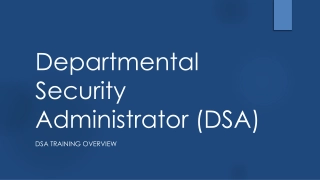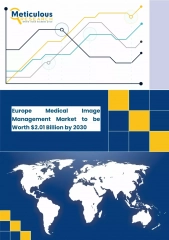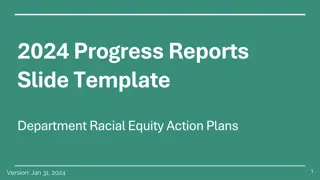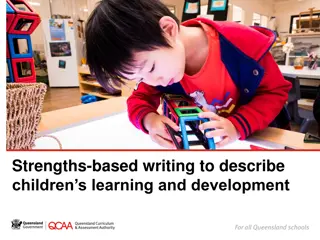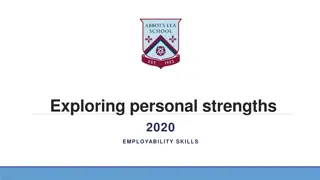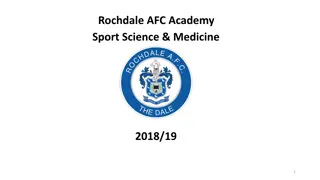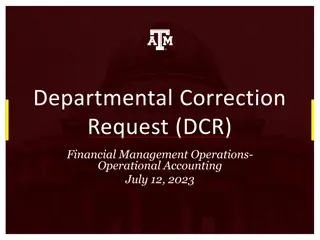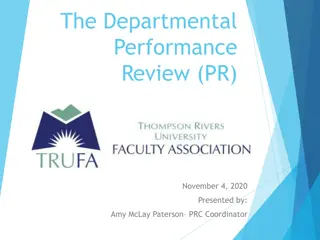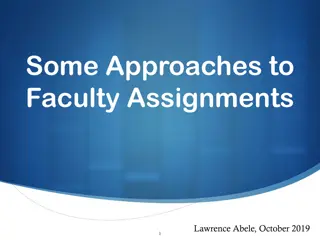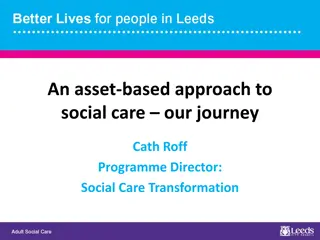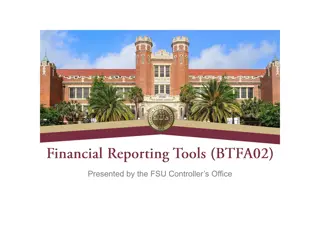Enhancing Departmental Strengths for Future Success
The Department of Psychology, under the leadership of Doug Gillan, focuses on maintaining high-quality programs and strategic resource allocation to support graduate training, scholarly reputation, interdisciplinary initiatives, and advocacy for departmental initiatives. Emphasizing the importance of targeted investments and leveraging existing strengths, the department aims to serve as a model for effective resource management and program development.
Download Presentation

Please find below an Image/Link to download the presentation.
The content on the website is provided AS IS for your information and personal use only. It may not be sold, licensed, or shared on other websites without obtaining consent from the author.If you encounter any issues during the download, it is possible that the publisher has removed the file from their server.
You are allowed to download the files provided on this website for personal or commercial use, subject to the condition that they are used lawfully. All files are the property of their respective owners.
The content on the website is provided AS IS for your information and personal use only. It may not be sold, licensed, or shared on other websites without obtaining consent from the author.
E N D
Presentation Transcript
The Future of CHASS: Response from the Department of Psychology Doug Gillan, Department Head
Question 1 Should we use resources to restore lost capacity vs. build new capacity? Don t frame this as lost versus new capacity Better framed as -- will a new hire enhance a high-quality program that has been chosen for emphasis by the department and college without the department losing essential core teaching capabilities? Strong, existing PhD programs should not be diluted to support newer, unproven PhD programs Psych Department could be a model for other departments because of our demonstrated success in doing a smaller number of things well
Question 2 To what degree should we allocate funds to undergraduate vs. research and graduate programs? Hire to enhance the scholarly reputation of high-quality programs, usually at the graduate level This is another false dichotomy Great grad training can enhance undergrad educational opportunities for research and scholarship Insist that the undergraduate core continue to be taught by excellent teachers Psych faculty hires have generally been targeted more narrowly toward specialty grad areas rather more general undergrad areas
Question 3 Should we allocate funds to traditional disciplinary structures (i.e., departments and programs) vs. targeting inter-disciplinary themes? Interdisciplinary programs nearly always grow out of disciplines that find a common thematic interest: Bottom-up, not top-down Moving in a particular interdisciplinary direction can only happen if a disciplines are enthusiastic about it However, interdisciplinary issues like water, climate, energy (named by Chancellor Woodson as central themes to pursue in the future) all need the help of applied research psychologists People and communities are misusing resources and can learn, can be motivated, can be provided with information to use them more appropriately Funding agencies are focusing resources on multidisciplinary research
Question 4 Can we build support for initiatives that may have weak advocacy within our current configuration? Especially when initiatives would help us reach strategic goals of excellence and comprehensiveness Tragedy of the commons -- Departments will always be self-focused Decisions about the greater good need to be made at a level higher than the individual department Cost/benefit analysis External financial support for such initiatives will be critical Better questions: What is the vision of a comprehensive university? How do we get there, given current constraints? How do new initiatives dovetail with existing strengths? Can we leverage existing resources at local colleges and universities?








